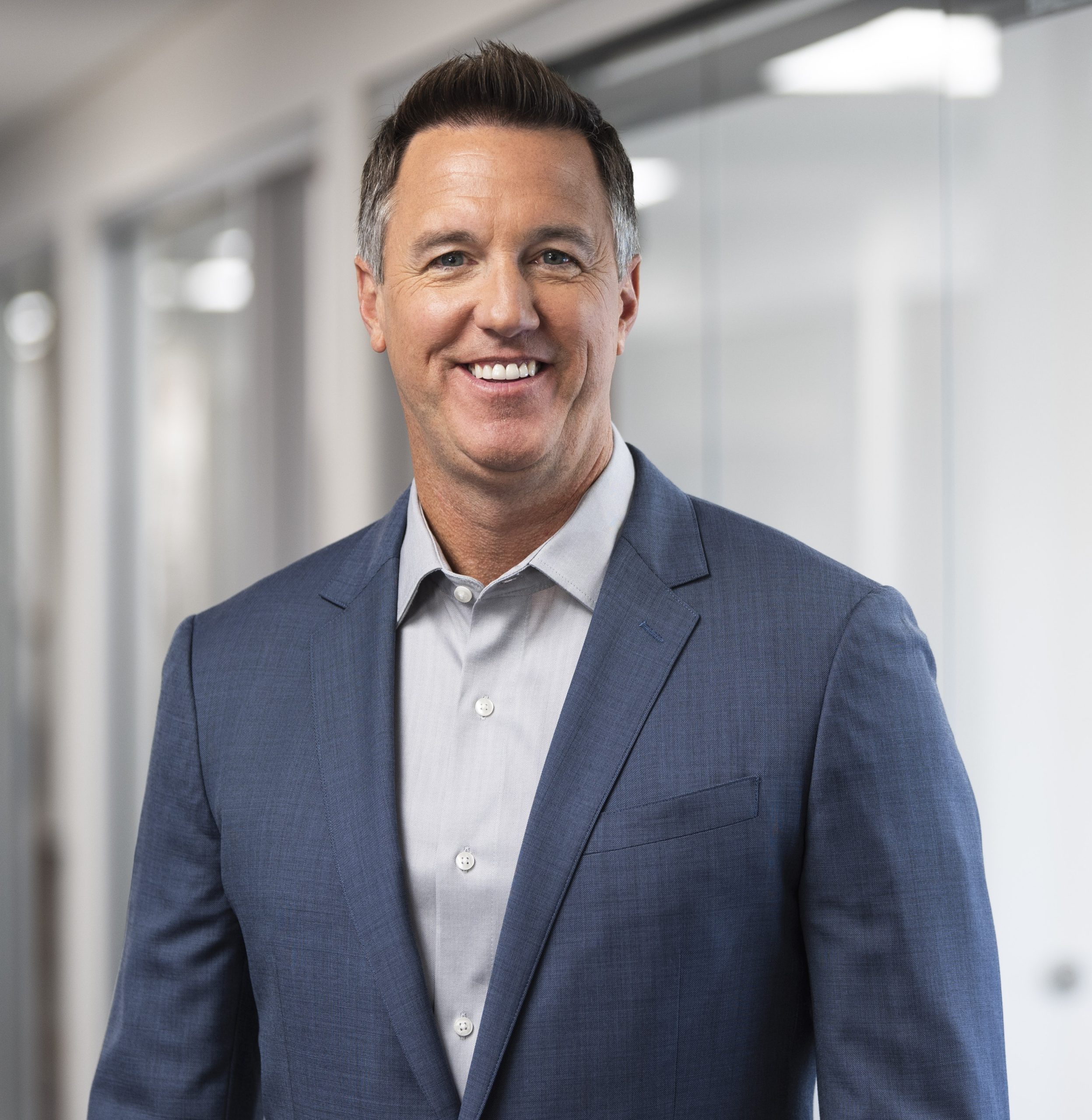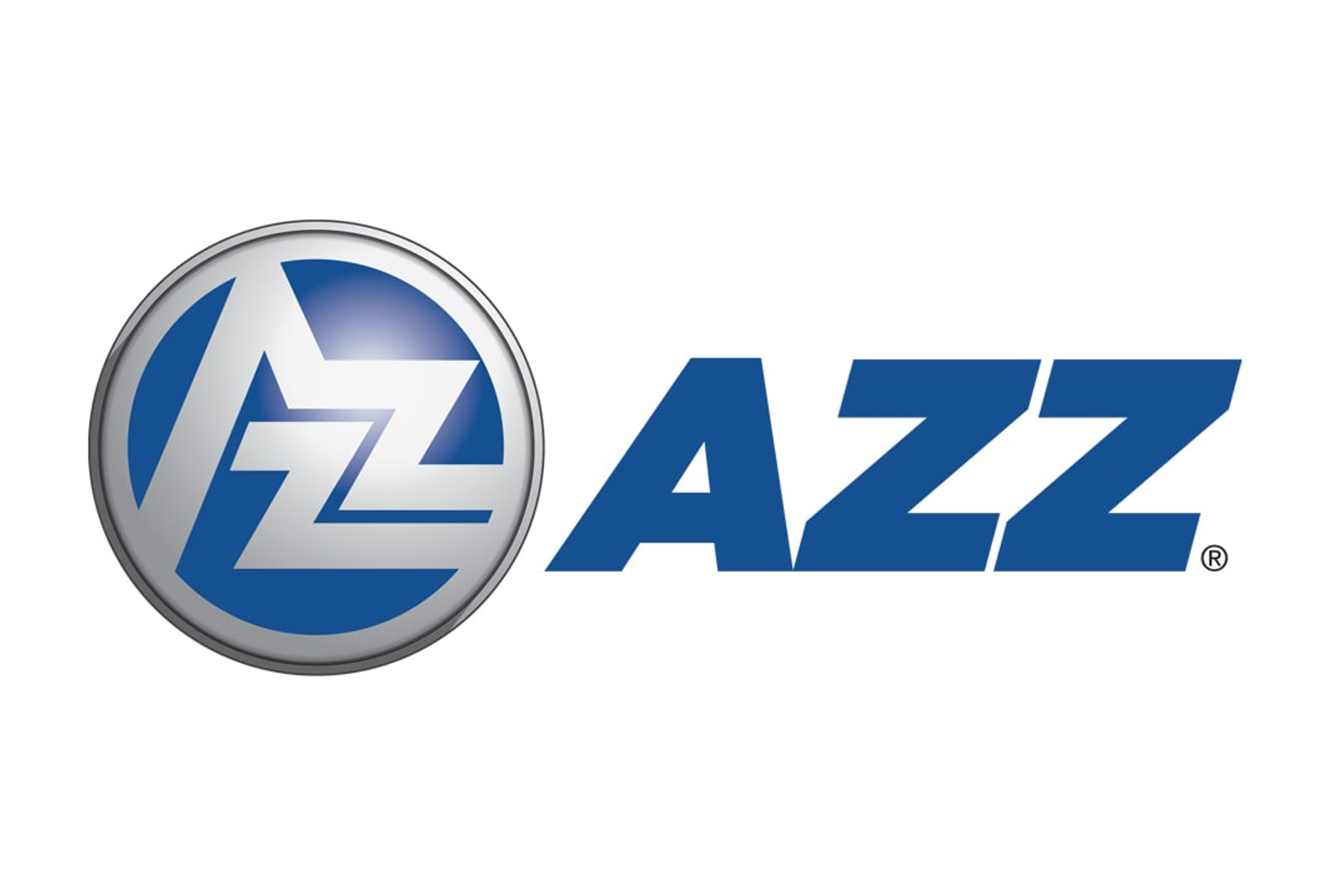Distributors/Service Centers

June 12, 2018
ASD Trade Policy Debate: Time to Break Some Eggs?
Written by Tim Triplett
Jean Carroll Kemp may have been the speaker at the Association of Steel Distributors meeting in Chicago last Thursday, but it was ASD members who really delivered the message. The event was co-hosted by the Chicago Chapter of Association of Women in the Metals Industry (AWMI).
Kemp is the Senior VP of Government Affairs and Trade Policy for the Steel Manufacturers Association in Washington, which represents EAF steelmakers. SMA supports Trump administration trade policies aimed at curbing unfair foreign imports. Excess global steelmaking capacity is not a problem that can be fixed overnight, but SMA is encouraged by the United States’ participation in the G20, the Organization for Economic Cooperation and Development and the Global Forum on Steel Excess Capacity. But progress has been limited so far, she said. “We need renewed efforts in this area for long-term solutions that will result in meaningful net reductions in uneconomic capacity, the elimination of government subsidies, effective enforcement of trade remedies, and provide relief for U.S. industries that have long suffered because of the practices and policies of other governments,” Kemp said.
Speaking for the service center executives in the room as ASD’s president, Andy Gross of Alliance Steel in Chicago asked Kemp if SMA has taken into consideration the hurt Trump administration trade policies have inflicted on the distribution channel. “Revocation of the exemptions for Canada, Mexico and the EU has caused significant pain for U.S. service centers. Our supply side has been breached. Steel distributors can’t support our customers because we are in a position we can’t get supply, and our customers are telling us they can’t pay that 25 percent burden,” he said.
Gross also expressed concern that the tariffs and the high cost of steel in the U.S. will prompt more manufacturers to move operations to low-cost countries. “I have customers who are offshoring production to China or Vietnam. One customer is only doing 10 percent of the volume he did three years ago because he is now making steel parts overseas and fabricating them in Chicago. How do we remedy the parts situation?” Gross asked.
ASD member Mike Barnett, president of Grand Steel Products in Wixom, Mich., questioned the risk-reward tradeoff presented by the tariffs. “We all want the strongest steel industry in the world, but not at the risk of industry or political collapse,” he said.
SMA certainly sympathizes with the plight of manufacturers and distributors and hopes the Trump administration will come up with policy solutions to assist the entire supply chain, Kemp said. “We [the mills] want to strengthen the whole manufacturing base in the United States. It is not in our interest to see customers disappear [offshore], either,” she said.
But, she noted, despite years of conventional negotiations with the Chinese and other nations, the issue of global overcapacity remains unresolved. Perhaps it was time for the disruptive approach taken by the Trump administration. “As the French say, you have to break a few eggs to make a perfect omelet. The question is, is it time to break some eggs? Does the administration have a plan, a recipe, for the perfect omelet? We certainly hope so.”







